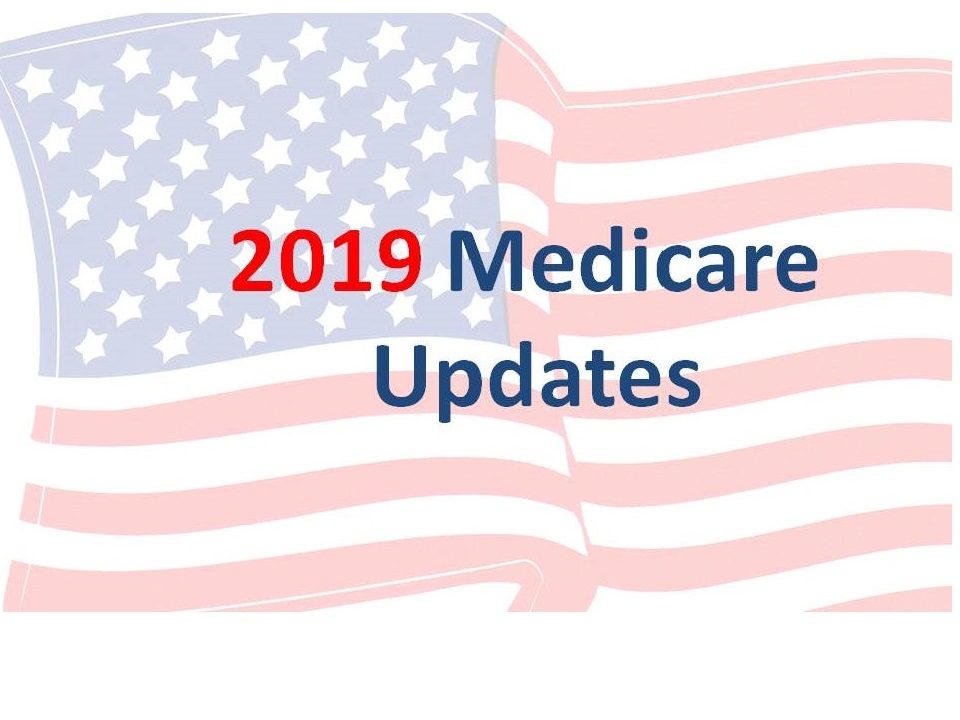- Licensed & Approved Agency in Multiple States
- (888) 901-4870
- (404) 996-0045

Medicare Annual Enrollment
September 29, 2014
Life Insurance: Cutting Down the Price of Death
April 13, 2015Life Insurance for Baby Boomers may seem counterintuitive but that doesn’t change the fact that some empty nesters or retirees still may have a need for life insurance.
Some still have dependents, such as disabled adult children. Many also still have financial obligations, such as the mortgage on a home or second home, that could become a burden if a spouse died or becomes disabled.
More importantly, if you died today, your spouse could outlive you by decades. Would they have to make drastic lifestyle changes to make ends meet? Your death could reduce the Social Security benefits they’d been counting on. It could also bring unplanned medical and funeral expenses.
Life insurance coverage can preserve the retirement plan you worked so hard to put in place and ensure your estate will be passed on, intact, to your survivors. A policy’s death benefit can help foot the estate tax bill from Uncle Sam and provide a legacy for your children and grandchildren, even if you use up most of your assets during your lifetime. For all these reasons, if you’ve been thinking about dropping your life insurance coverage, you may want to reconsider.
What if you’re retired or nearing retirement and you don’t have life insurance? You may think that you’ll no longer qualify due to your age or health conditions you may have. That’s not necessarily the case. Final expense insurance is a form of life insurance that requires little or no underwriting, which means almost anyone can qualify. Policies are available in face amounts typically ranging from several thousand dollars up to a maximum of $50,000 or $75,000—much less than a standard life insurance policy. That’s because these policies are only intended to cover final expenses and not longer-range expenses like ongoing living costs or college and retirement funding.
Final expense insurance typically comes in two varieties. Immediate full benefit policies, which pay the full face value upon your death, are generally available to people with no serious health concerns. Graded benefit policies provide limited benefits during the first few years and are available to people with serious health concerns. These policies can provide the peace of mind of knowing that your survivors won’t struggle to pay for your funeral or be saddled with outstanding medical bills and other debts.



